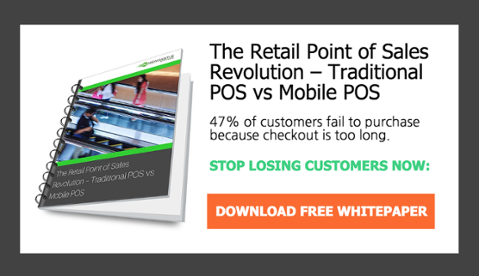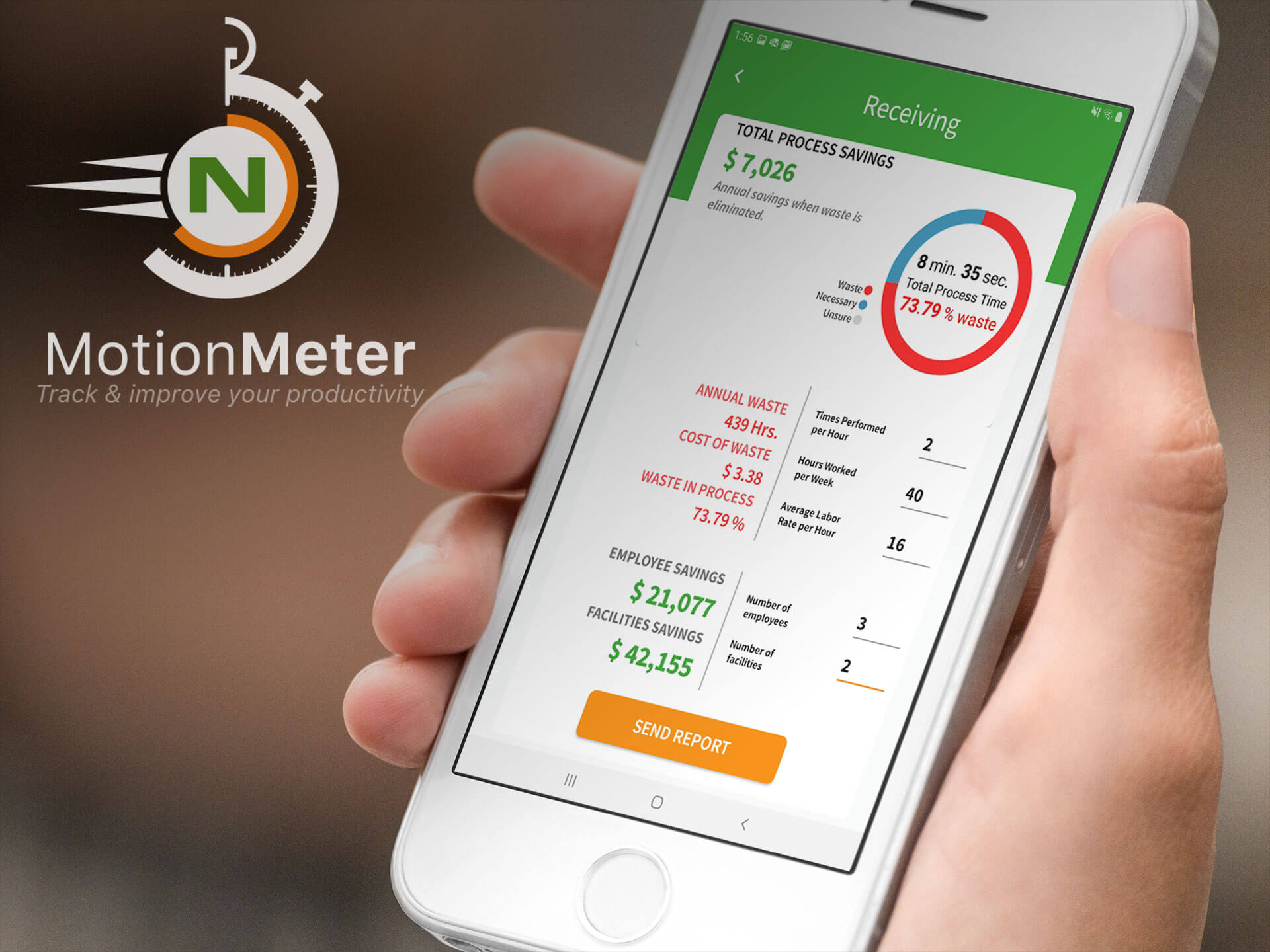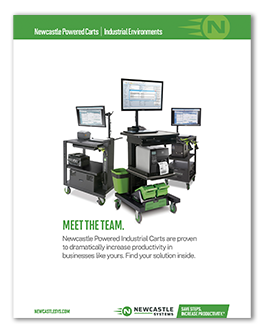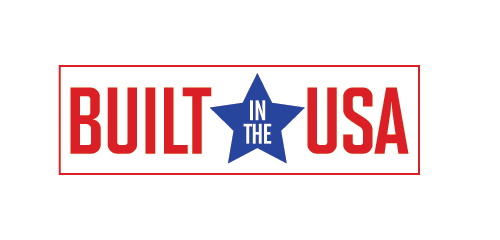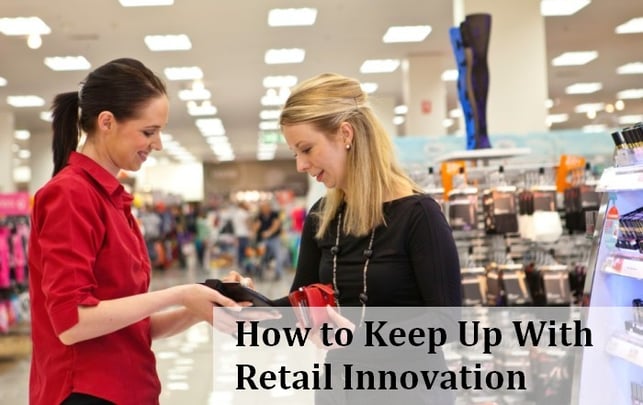
When it comes to the fast-moving world of modern technology, one of the most talked-about subjects of recent years has been the Internet of Things and its impact on the retail industry. Nonetheless, since IoT has yet to become truly mainstream, many consumers and businesses alike are left baffled when they hear the rather unintuitive turn. Others might dismiss it as a passing fad, an expensive gimmick that will never really take on but, once you've familiarized yourself with the reality and, particularly, the potential it presents in the world of retail innovation, you'll likely have a different opinion.
What Is the Internet of Things?
Not so many years ago, the only thing in the typical household or workplace that was connected to the Internet was a desktop or laptop computer. Roll on a few more years, and people started using smartphones and tablet computers to access the Internet to the extent that most Web traffic is now mobile. However, the IoT concept basically concerns pretty much any electrical device that has an on/off switch and may be connected to the Internet. For example, the so-called smart home might have a central heating system that can be controlled over the Internet. IoT extends to everything from remote appliance control, landscape control, in-house entertainment, home monitoring and home control. It may also apply to vehicles, providing remote access, maintenance, fuel tracking, weather and traffic reports and more.
IoT is also set to have a major impact on the retail industry in everything from product tracking to asset management to shopper intelligence. In this article, we'll take a more in-depth look at the implications for the retail industry and how they may benefit the high-street store.
Applying IoT to Retail Innovation
More than ever before, consumers are demanding convenience and expecting availability of products and contextualized marketing approaches that are personalized just for them. Thanks to IoT, retail businesses will be able to provide relevant offers personalized based on the activities of the potential customer, but it doesn't stop there. By definition, IoT covers a very wide spectrum:
- Product tracking
- Local targeted messaging
- Interactive consumer engagement
- Mobile payments
- Asset and inventory management
- Shopper intelligence tracking
- Store security
Most importantly in the case of retail is that IoT offers an immersive shopping experience to such an extent that it effectively introduces a whole new dimension by which potential customers can interact with your store. Best of all, much of the infrastructure is already available.
Ultimately, IoT goes beyond simply connecting devices, sensors and products to connect entire systems and provide a unified shopping experience with real-time decisions and in-depth shopper intelligence tracking. For example, a shopper entering a store might use an interactive display to carry out research and view product suggestions.
A clothing retailer might, for example, want to provide personalized virtual closets allowing shoppers to try on new clothes with items they already own based on past purchase history. Since everything works in the form of a unified system, all information collected will be accessible from a centralized location.
The Internet of Things, combined with ever-more affordable cloud-computing solutions, is already shaking up the world of retail to the extent that many famous high-street brands and small businesses alike are already relying heavily on Internet-connected devices to help fulfil some of the aforementioned goals.
However, as IoT continues to develop, more opportunities will undoubtedly arise, and it's also one of the most popular areas of study for startup companies seeking to release innovative new products that take advantage of the highly connected modern world.
Preparing for the Changes Ahead in Retail Innovation
Mobile payments and MPOS (Mobile Point of Sale) are already driving many changes in the retail industry. IoT in retail will fuel changes that we can't even imagine. What shoud your business do to prepare for these upcoming innovations? The best answer is: stay flexible. When an industry is about to endure many changes it will be the survival of the most flexible.
The future of retail will not be in stationary cash registers, but in flexible POS systems which let customers check out wherever they want. With mobile payments, giant cash registers will become relics. Mobile powered workstations can give retailers the flexibility that's necessary to adapt to customers needs. The flexibility provided by mobile powered workstations will ensure that businesses can evolve and thrive in the upcoming retail revolution.


